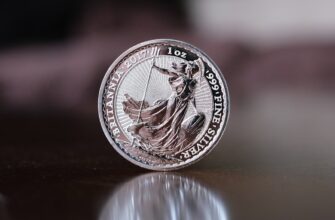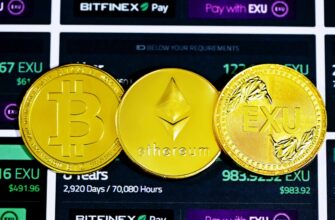Understanding Halal Cryptocurrency: Key Principles
As cryptocurrency gains global traction, Muslim investors are increasingly asking: “What crypto is halal?” Determining whether a cryptocurrency complies with Islamic finance principles requires understanding core Sharia law concepts, including:
- Prohibition of Riba (Interest): Earning or paying interest is forbidden. Cryptocurrencies tied to lending platforms with interest-based returns may conflict with this rule.
- Avoiding Gharar (Uncertainty): Investments must be transparent, with clear terms and minimal speculative risk.
- Ethical Use Cases: Projects must not support haram industries (e.g., gambling, alcohol).
- Asset-Backed Value: Tokens should derive value from tangible assets or utility, not pure speculation.
Cryptocurrencies Considered Halal in 2024
While scholars’ opinions vary, these cryptocurrencies are often viewed as Sharia-compliant:
- Bitcoin (BTC): Some scholars approve Bitcoin as a decentralized “digital gold” with utility, though its energy-intensive mining remains debated.
- Stellar (XLM): Designed for low-cost cross-border payments, Stellar avoids speculative features and promotes financial inclusion.
- Ethereum 2.0 (ETH): Post-Merge, Ethereum’s eco-friendly proof-of-stake model reduced energy concerns.
- Islamic Coin (ISLM): Built on Haqq Network, it donates 10% of issuance to charity and follows Sharia governance.
- Hedera Hashgraph (HBAR): Used for enterprise solutions, focusing on transparency and ethical applications.
How to Evaluate if a Crypto Is Halal
Follow these steps to assess compliance:
- Analyze the Project’s Purpose: Does it solve real-world problems or enable haram activities?
- Review the Consensus Mechanism: Proof-of-Stake (PoS) is often preferred over energy-heavy Proof-of-Work (PoW).
- Check for Certifications: Look for audits by Islamic finance boards like AAOIFI.
- Avoid Interest-Bearing Platforms: Steer clear of DeFi protocols offering fixed interest.
FAQ: Halal Cryptocurrency Questions Answered
1. Is Bitcoin halal?
Opinions differ. Some scholars approve it as a store of value, while others criticize its volatility and energy use.
2. Can Muslims invest in crypto mining?
Mining PoS coins (e.g., Ethereum 2.0) is more likely halal than PoW due to lower environmental impact.
3. Are stablecoins halal?
Asset-backed stablecoins (e.g., Tether Gold) may comply if reserves are Sharia-approved. Fiat-backed ones require scrutiny of interest practices.
4. Where to buy halal crypto?
Use ethical exchanges like Coinbase or Binance, but verify individual token compliance first.
Conclusion
Identifying halal cryptocurrencies involves careful analysis of their purpose, technology, and governance. Always consult qualified Islamic scholars before investing.








